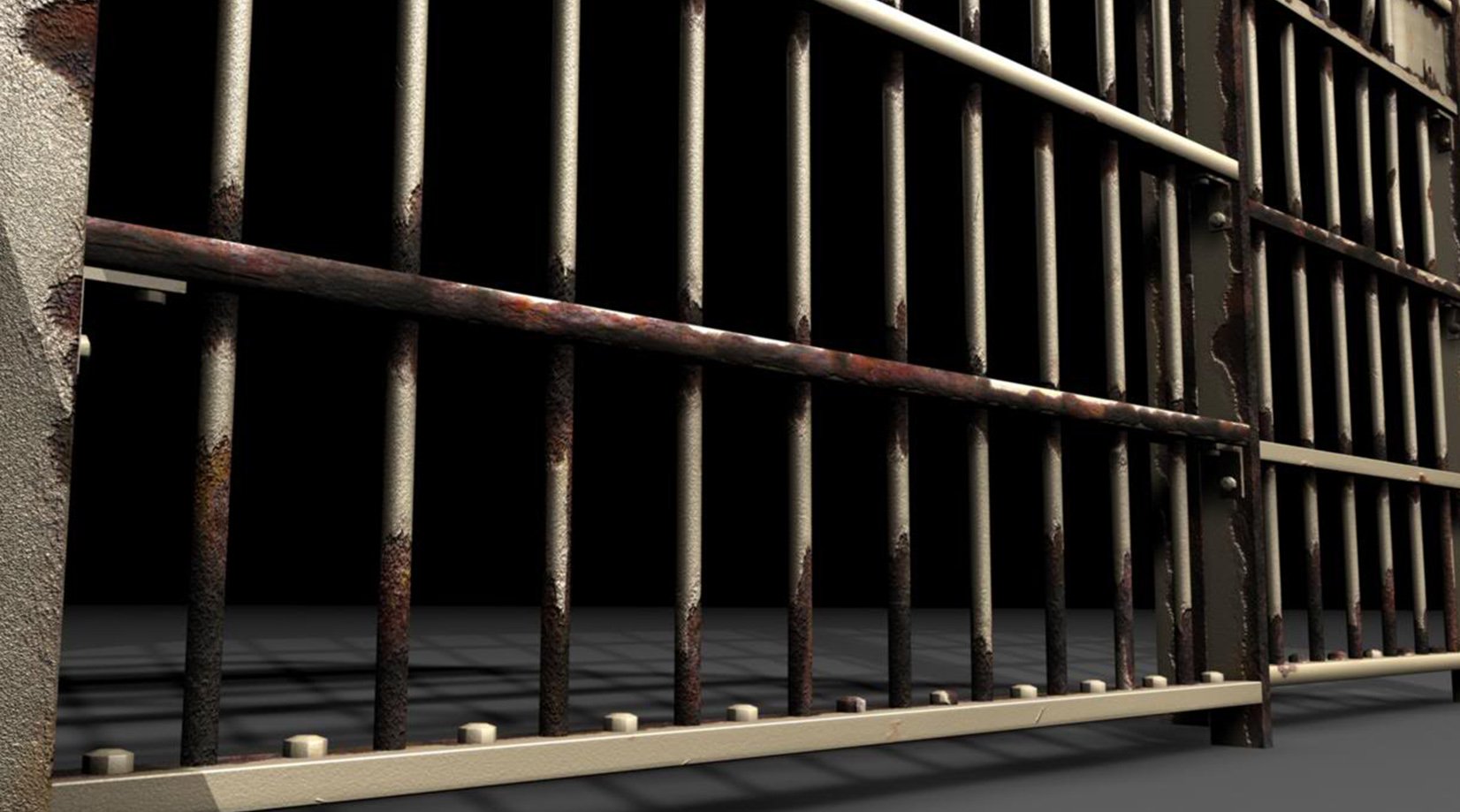
Since the first days of the Syrian uprising, the Syrian authorities have been arresting thousands of citizens. Arrests went along with the acts of killings and targeted mainly four groups:
- Media activists and demonstrators
- Human rights activists, lawyers and civil society activists.
- Military defectors in addition to those discovered to be plotting to defect.
- Arbitrary arrests.
After hundreds of interviews with people who were released from the government prisons in formal and informal concentration centers in different Syrian governorates, the Syrian Network for Human Rights estimates that there are about 215 thousand prisoners, among them 9 thousand children under the age of 18 and 4530 women.
And because the families of prisoners fear the authorities, it is very difficult to obtain all the prisoners’ data through the traditional ways of documenting. And that is why we resort to estimative way, especially if the detainee is a woman.
Not only this. We have been informed by detainees’ families that lots of them don’t go to the authorities to ask on their sons fearing that they might be arrested, as it happened dozens of times with people who did that before.
Among the 215 thousand prisoners, there are about 85 thousand who are forcibly disappearing.
There are about 72 concentration centers in Syria. The main four ones are based in the quarters of the four intelligence apparatuses: air force intelligence, general intelligence, military intelligence and political intelligence, in all of which sever torture is practiced. As for the most prominent prisons, they are Sednaya prison, which is considered the most obscure one, and then there is the big Mazza prison in the capital Damascus. In all prisons, there is deliberate, daily and systemized torture.
SNHR couldn’t visit any of the prisons in Syria since we are banned in Syria. Not even one single human rights group could visit the basements of the Syrian prisons to look, without security sponsorship, on the conditions of prisoners and the treatment they are receiving.
Syrian authorities usually raid houses and shops, and when failing to arrest the wanted person, they arrest one of his relatives, and then threaten to execute him if the wanted person doesn’t surrender to them.


